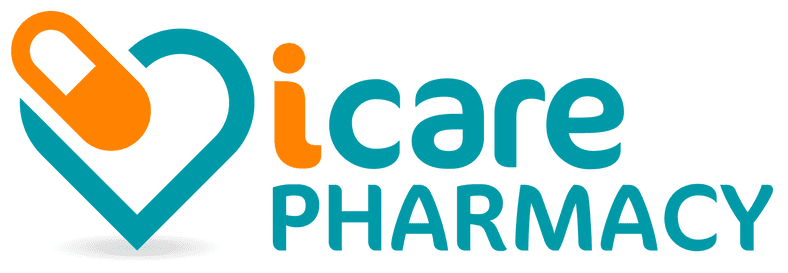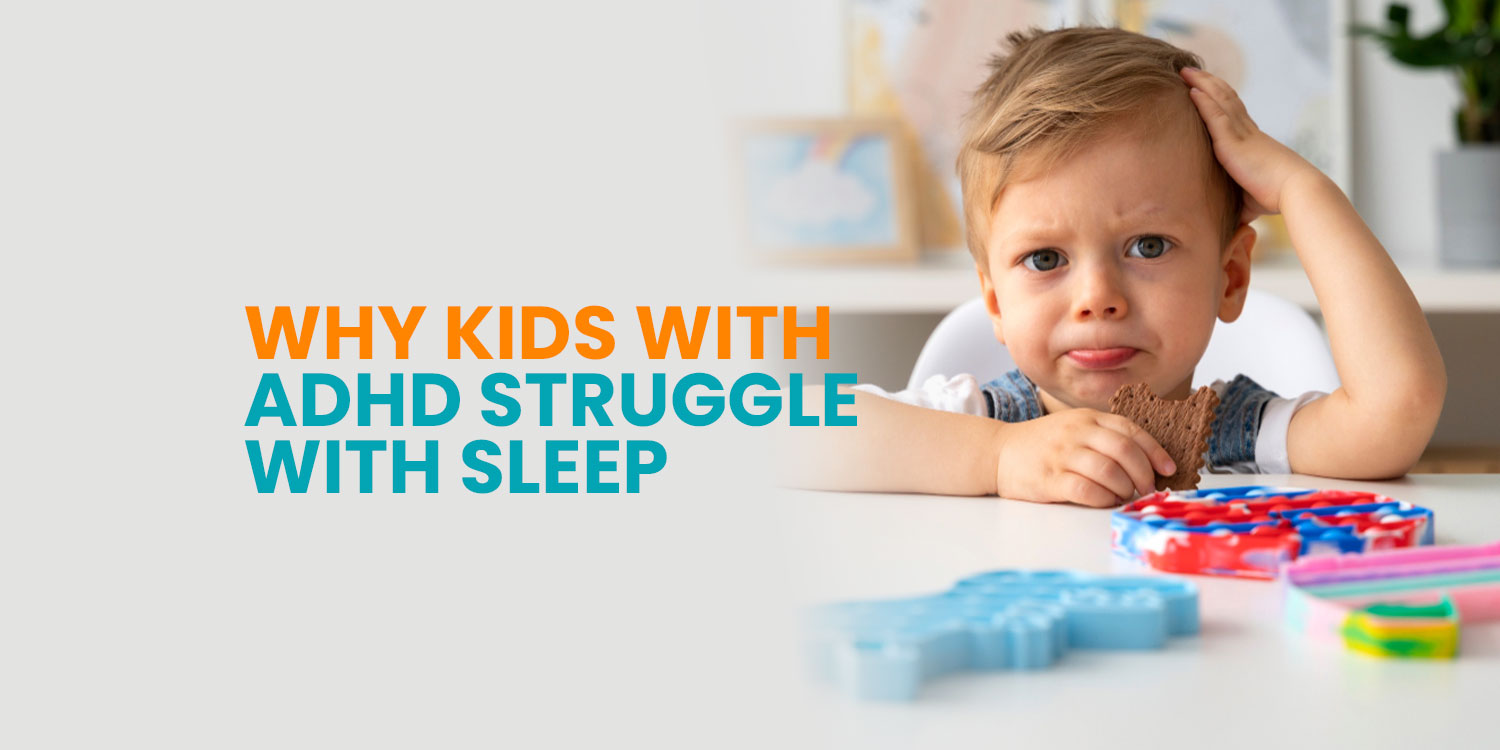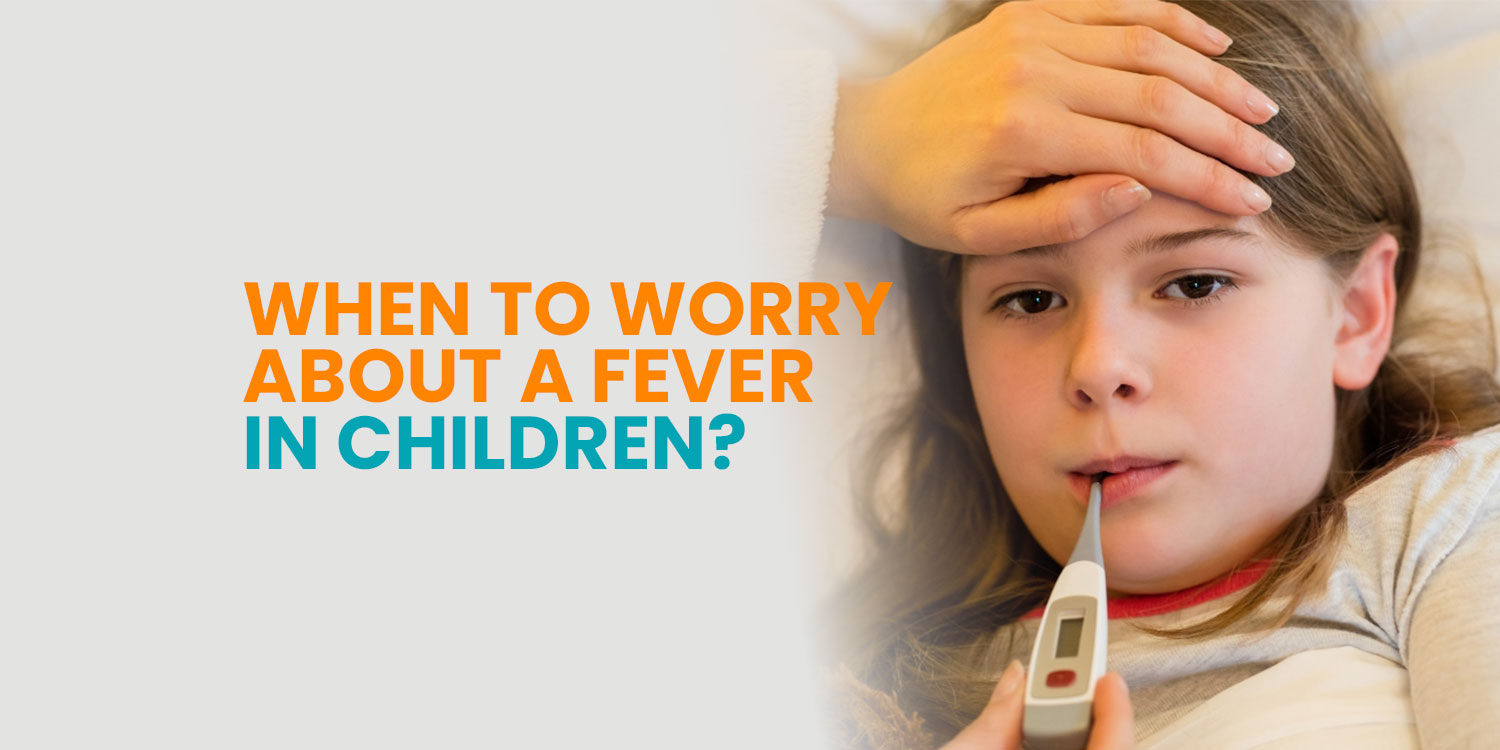Pharmacy Question of the Day: What Are Some Options for My Kid on ADHD Medication Who Is Suffering from Insomnia?
Attention-deficit/hyperactivity disorder (ADHD) medications can be a game-changer for many kids, helping them focus better and manage their daily activities. However, a common challenge parents face is insomnia—many children on ADHD medications struggle to fall asleep or stay asleep. So, what can parents do? Here are some pharmacist-approved strategies to help your child rest easier at night.
1. Timing Is Key: Adjusting Medication to Reduce Sleep Disruptions
One of the first steps in managing ADHD-related insomnia is looking at when your child takes their medication. Stimulant medications, like methylphenidate (Ritalin, Concerta) or amphetamines (Adderall, Vyvanse), can interfere with sleep, especially if taken too late in the day.
What Can You Do?
✔ Morning Dosing: Ensure ADHD medications are given as early as possible to allow the effects to wear off by bedtime.
✔ Shorter-Acting Formulations: If sleep is a major issue, discuss with your doctor the possibility of switching to a shorter-acting version that wears off earlier in the evening.
✔ Non-Stimulant Options: Medications like guanfacine (Intuniv) or clonidine can sometimes be used as alternatives to stimulants or in combination to reduce side effects like insomnia.

2. Melatonin Magic: A Natural Sleep Aid for Kids
Melatonin is a hormone naturally produced by the body to regulate sleep-wake cycles. Some children with ADHD have delayed melatonin release, making it harder for them to fall asleep at a regular bedtime.
What Can You Do?
✔ Safe Dosage: Melatonin is available over the counter, but start with a low dose (0.5 mg – 1 mg) about 30–60 minutes before bedtime. If needed, the dose can be increased to 2-3 mg, but always consult your healthcare provider first.
✔ Short-Term Use: Melatonin can be useful as a short-term sleep aid, but it should not be a long-term solution without medical supervision.
✔ Healthy Sleep Habits: Melatonin works best when combined with good sleep hygiene, like maintaining a consistent bedtime routine and reducing screen time before bed.

3. Magnesium’s Calming Effect: A Gentle Approach to Better Sleep
Magnesium is a mineral that plays a vital role in relaxing muscles and calming the nervous system. Some research suggests that magnesium deficiency can contribute to anxiety and sleep disturbances, which are common in kids with ADHD.
What Can You Do?
✔ Kid-Friendly Supplements: Calm Magnesium Powder is a popular, kid-friendly option that can be mixed into water or juice before bedtime.
✔ Magnesium-Rich Foods: Encourage foods high in magnesium, such as almonds, spinach, bananas, and yogurt.
✔ Magnesium Baths: A magnesium-rich Epsom salt bath before bed can promote relaxation and ease restlessness.

Final Thoughts: Finding the Right Solution for Your Child
Every child is different, and what works for one may not work for another. The key is to monitor your child’s sleep patterns and work closely with your pharmacist and pediatrician to find the best approach. Whether it’s adjusting medication timing, trying melatonin, or supplementing with magnesium, there are ways to help your child get the restful sleep they need.
💬 Have questions? Visit iCare Pharmacy, and let’s find the best sleep solution for your child together!
References (APA 7th Edition)
- Cortese, S., Adamo, N., Del Giovane, C., Mohr‐Jensen, C., Hayes, A. J., Carucci, S., … & Cipriani, A. (2018). Comparative efficacy and tolerability of medications for attention‐deficit hyperactivity disorder in children, adolescents, and adults: a systematic review and network meta‐analysis. The Lancet Psychiatry, 5(9), 727–738. https://doi.org/10.1016/S2215-0366(18)30269-4
- Owens, J. A., Moturi, S., & Pharmacologic Treatment of Pediatric Insomnia. (2009). Pharmacologic treatment of pediatric insomnia: efficacy, safety, and challenges. Current Pharmaceutical Design, 15(26), 3023–3036. https://doi.org/10.2174/138161209789271722
- Gruber, R. (2017). Sleep characteristics of children and adolescents with attention deficit hyperactivity disorder. Child and Adolescent Psychiatric Clinics of North America, 26(3), 393–410. https://doi.org/10.1016/j.chc.2017.02.001
- Jan, J. E., Reiter, R. J., Wasdell, M. B., & Bax, M. (2008). The role of melatonin in pediatric neurology. Pediatric Neurology, 38(1), 1–11. https://doi.org/10.1016/j.pediatrneurol.2007.08.004
- Wójcik, M., & Kołodziejczyk, J. (2021). The role of magnesium in the central nervous system: Focus on neuroinflammation and neuroprotection. Nutrients, 13(9), 3026. https://doi.org/10.3390/nu13093026



